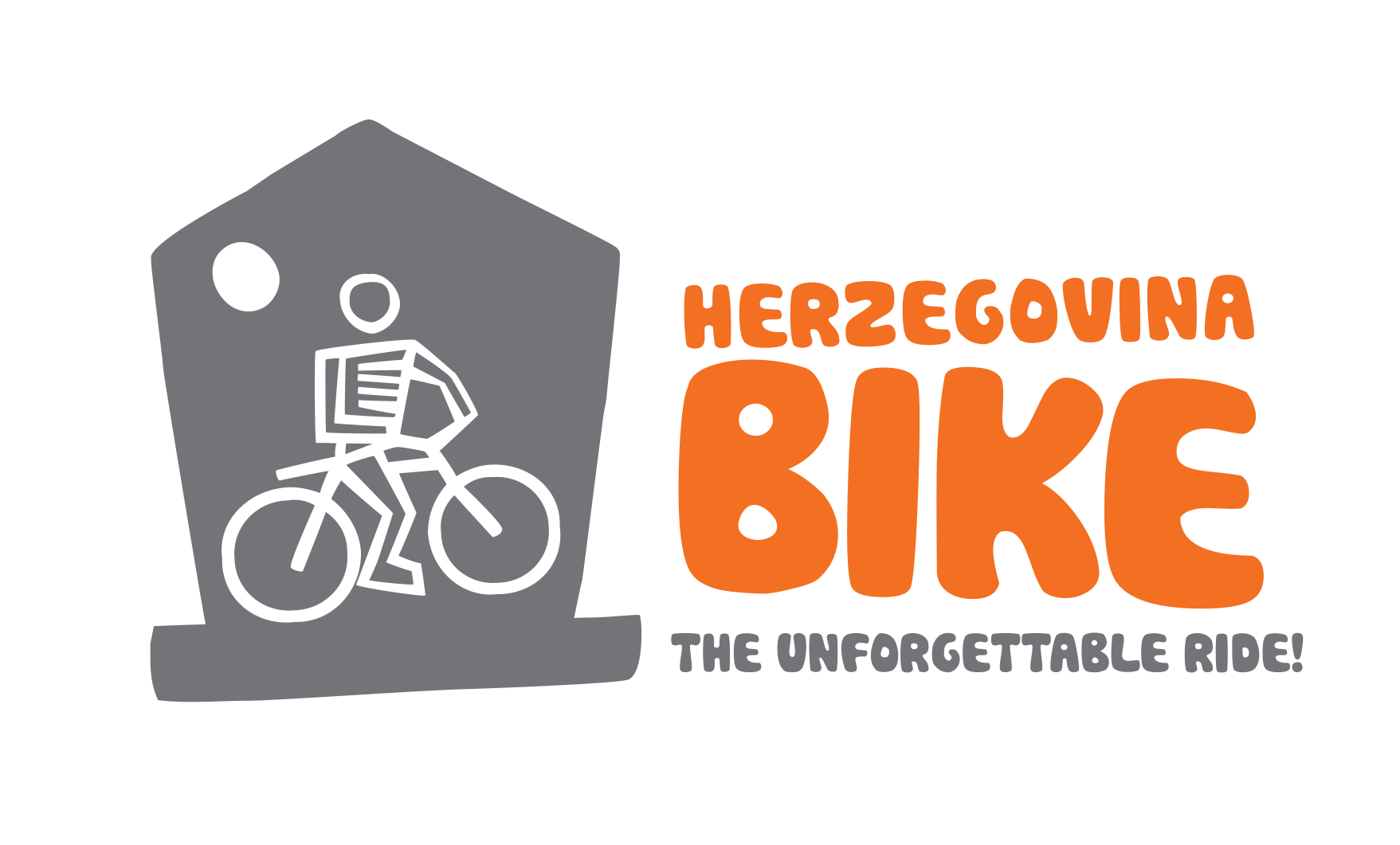Cities and regions across America and Europe are investing large sums of money in improving cycling infrastructure, as part of a plan and project that will pay off through tourism and outdoor tourist activities. When communities focus on encouraging cycling, the benefits are clear. From increasing real estate values and commercial activities to safer streets and healthier citizens. Here are a few reasons why cities that rely on cycling have a brighter future.
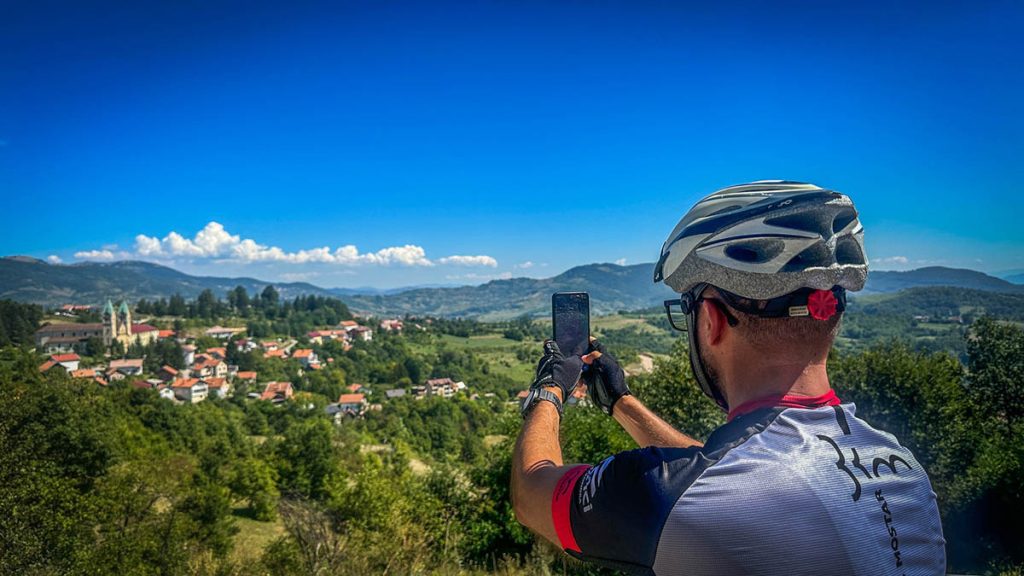
Cycling boosts the economy
Cycling is a big business that has taken off in America in recent years, and now it is likely that Europe is also adopting good experiences. According to a report by the Outdoor Industry Foundation, bicycling contributes $133 billion to the US economy annually. Studies show that the cycling industry and cycling tourism (including the health benefits of cycling) create jobs, economic activity and bring savings.
Portland, OR, which received Platinum-level Bicycle Friendly Community status, had $90 million in revenue through cycling activities in just one year. Almost 60% of that activity came from shops, accommodation and restaurants, rentals and repairs. The remaining part of the economic activity came from cycling events, bicycle manufacturing and distribution, and professional services such as bicycle brokerage and more.
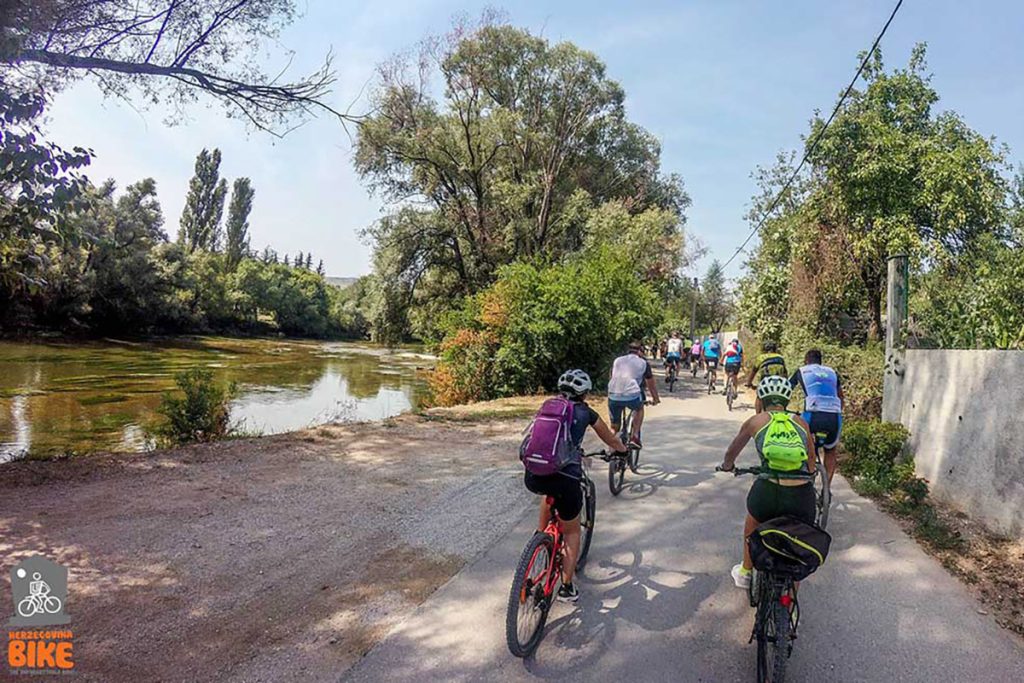
Bike lanes improve property values
„Bike Friendly"cities, that is, cities that invest in cycling and the values of this form of mobility can be more valuable on the market. A 2006 study in Minneapolis found that average home values increased by $510 for each lot closer to a bike path. Bike paths and facilities have a positive, statistically significant impact on real estate values.
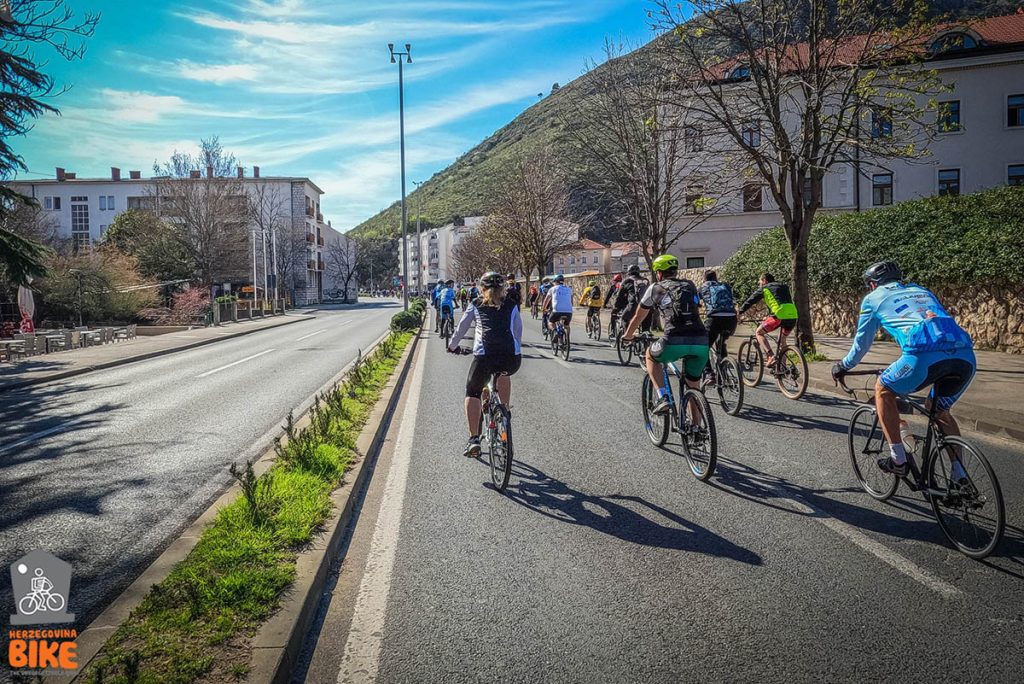
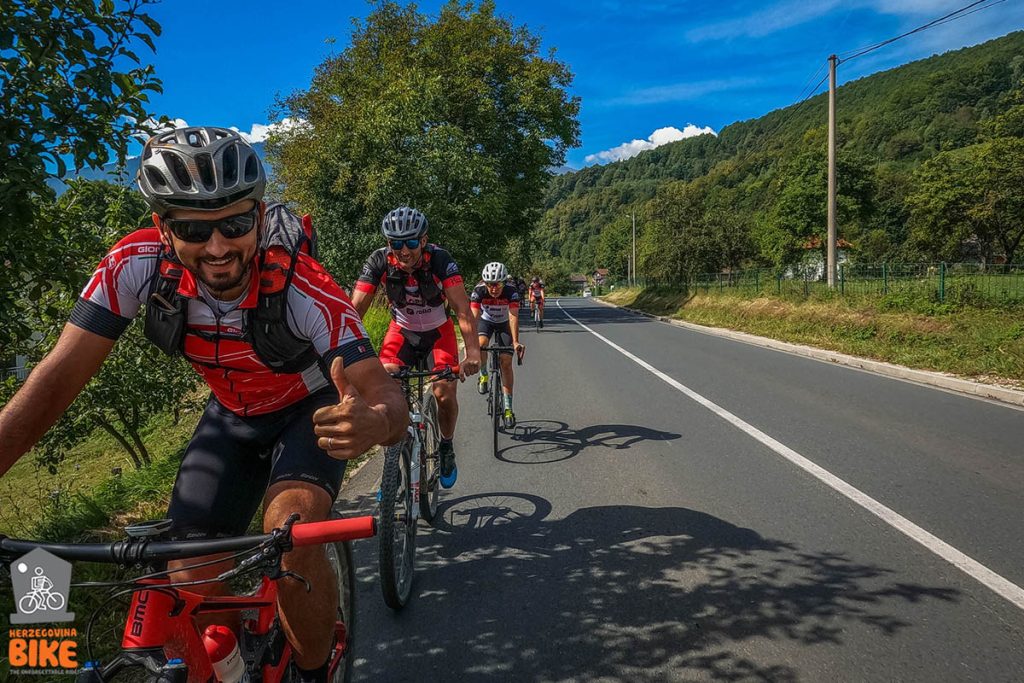
Bike-friendly cities increase commercial activity
„Bike Friendly"cities also benefit from shops that have nothing to do with cycling. According to a San Francisco State University study, 66 percent of shops on San Francisco's Valencia Street reported an improvement in business after the city reduced car widths, expanded pedestrian lanes and invested more in bike infrastructure.
In New York City, the DOT built a protected bike lane and pedestrian islands on Columbus Avenue, the busiest shopping boulevard for the wealthy on the city's Upper West Side. Tax revenues increased 20% in the second year the bike lanes were implemented. Another New York neighborhood has also benefited from investments in cycling infrastructure. After streets became safer in the densely packed and chaotic working-class neighborhood of the South Bronx, store sales increased by 50%.
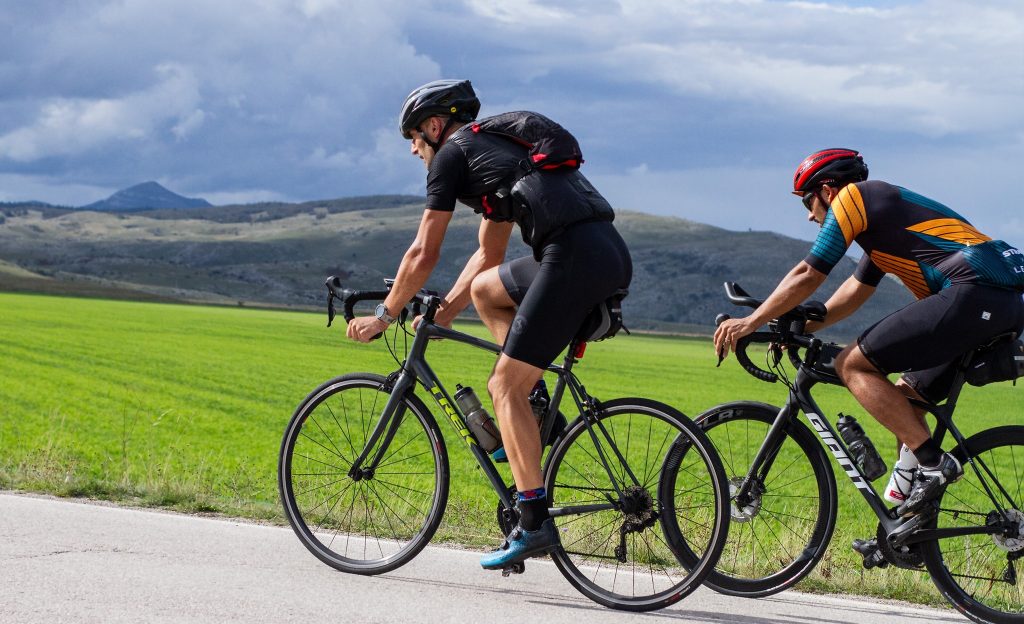
Bike-friendly cities help companies attract top talent
„Bike Friendly"cities are important for companies looking for stable and socially responsible workers, or millennials as they are called in America, and a functional cycling infrastructure helps companies attract these talents. "States and cities are competing for the most mobile generation ever, so job creators and innovators are really pushing for these benefits“, rekao je Bill Nesper, who runs the Bicycle Friendly America program at the League of American Bicyclists.
More than any other generation, millennials are multimodal. Communities that attract millennials offer plenty of transportation options. According to the American Public Transportation Association's Millennials and Mobility report, millennials prefer to bike and use the bus over the subway, walking or driving a car. In the next decade, millennials will make up 50-70% of the workforce. Forward-looking companies know that meeting the needs of this particular generation is the way to stay attractive to new, top talent for years to come.
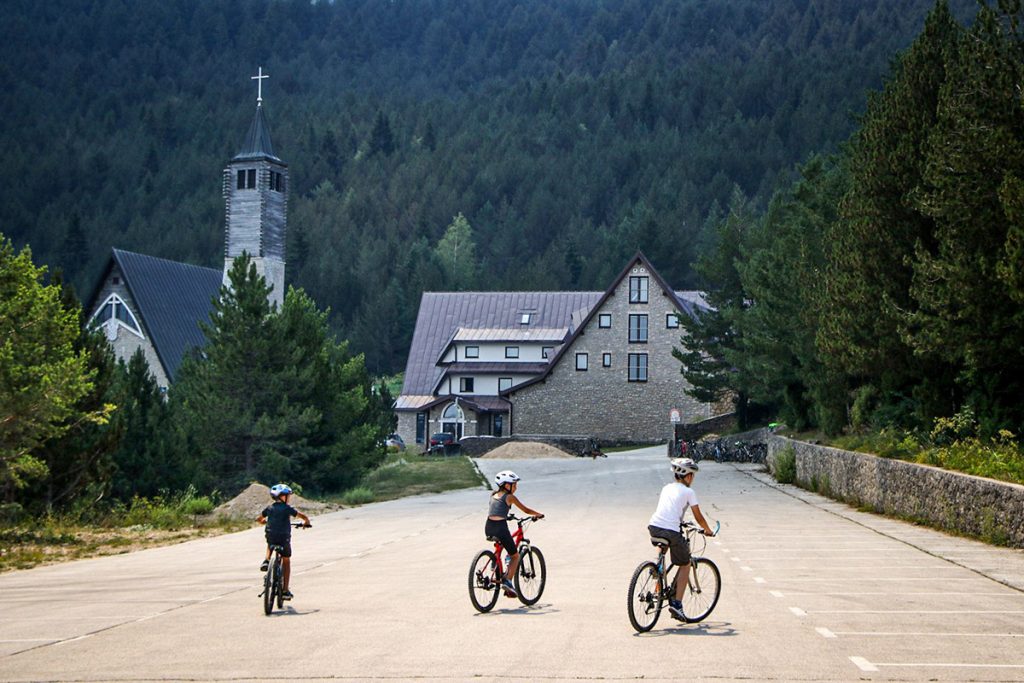
Cycling communities are healthier
Cycling to work helps commuters reach the recommended 60 – 90 minutes of physical activity per day to prevent chronic disease and prevent unhealthy weight gain. According to a 2003 study by the US Department of Health and Human Services, "workplace physical activity programs can reduce short-term sick leave by 6-32%, reduce health care costs by 20-55%, and increase productivity by 2-52%." A study from Copenhagen involving 30,604 people found that cyclists had a 40% lower risk of death during the study period compared to non-cyclists. Cyclists also had an average of one day less sick leave each year than non-cyclists.
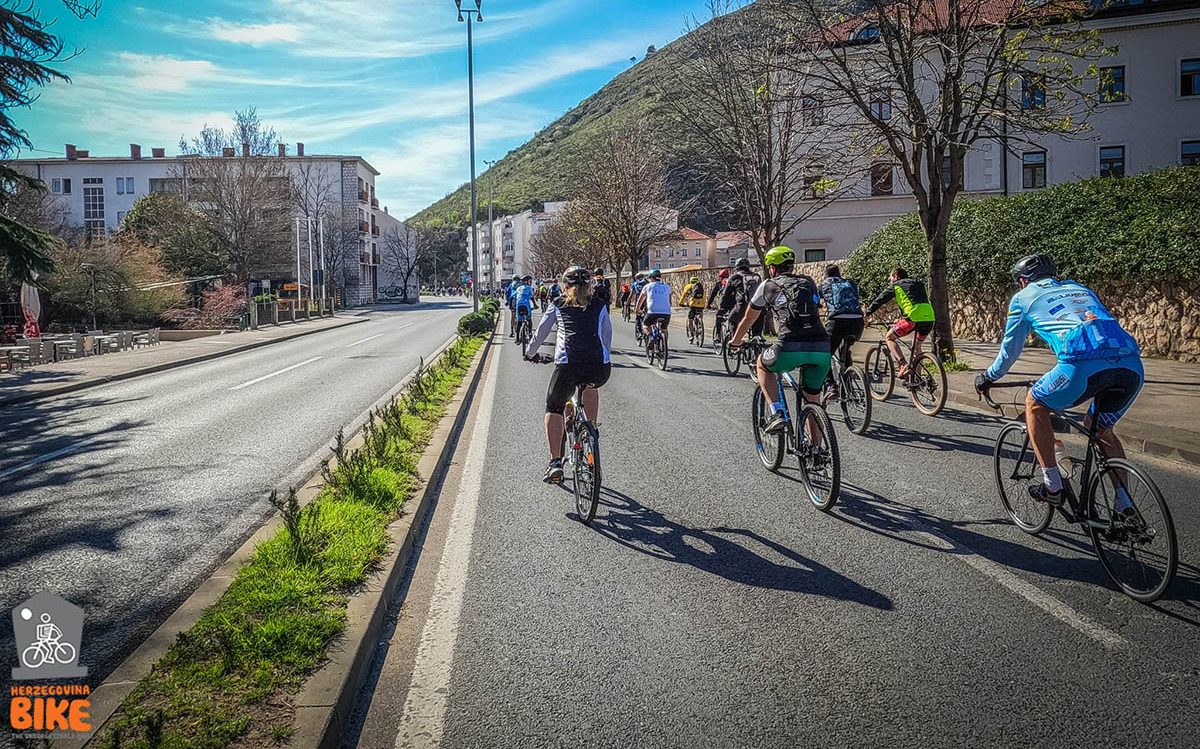
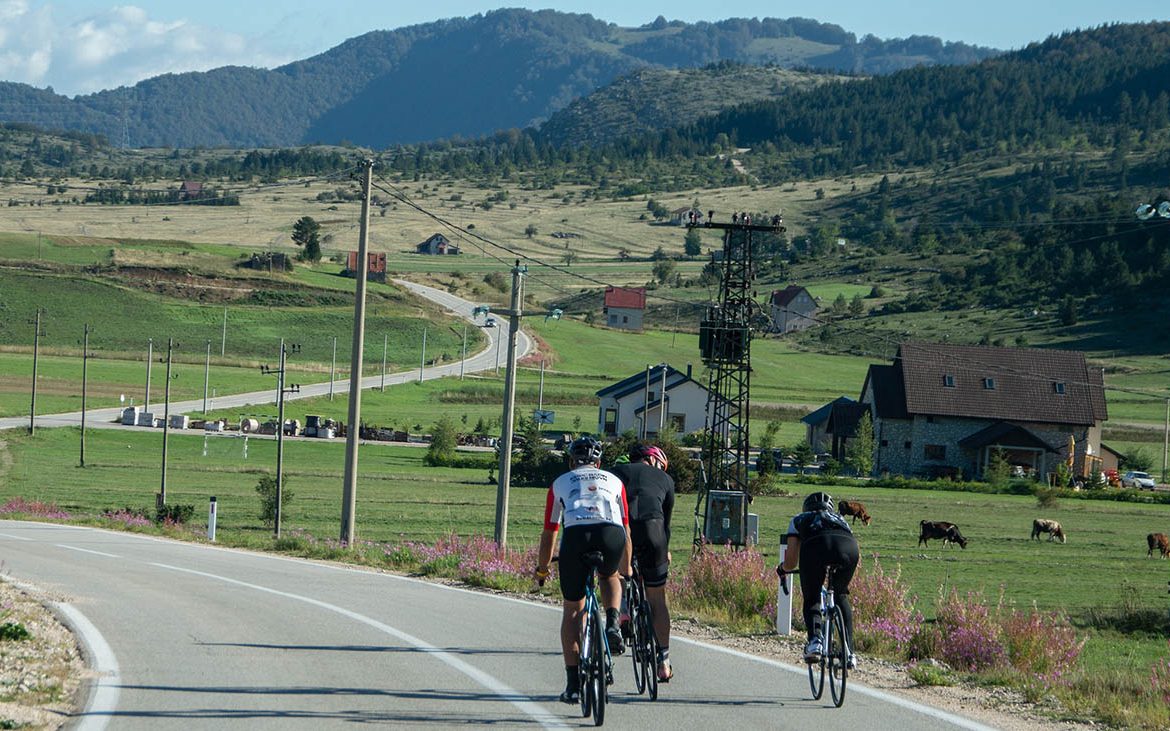
Cycling reduces health costs
Healthy cyclists mean increased savings on healthcare costs. Thirty minutes of daily cycling can save €544 per person in annual healthcare costs. A study analyzing travel patterns found that if people made half of their journeys of five kilometers or less by bike, the region could save €7.3 billion in healthcare costs and save 1,100 lives a year.
Friendly roadsfriendly to cyclists are safer
When communities invest in cycling infrastructure, streets become safer for everyone. Cities with high cycling rates tend to show a significantly lower risk of fatal crashes for all road users. Davis, CA was the first city to achieve “Platinum” status by the League of American Bicyclists and is often referred to as the “Bicycling Capital of America”. From 1996 to 2007, Davis had only nine fatal traffic accidents. Despite the highest percentage of bicycle commuters in the United States, none of these accidents involved bicyclists.
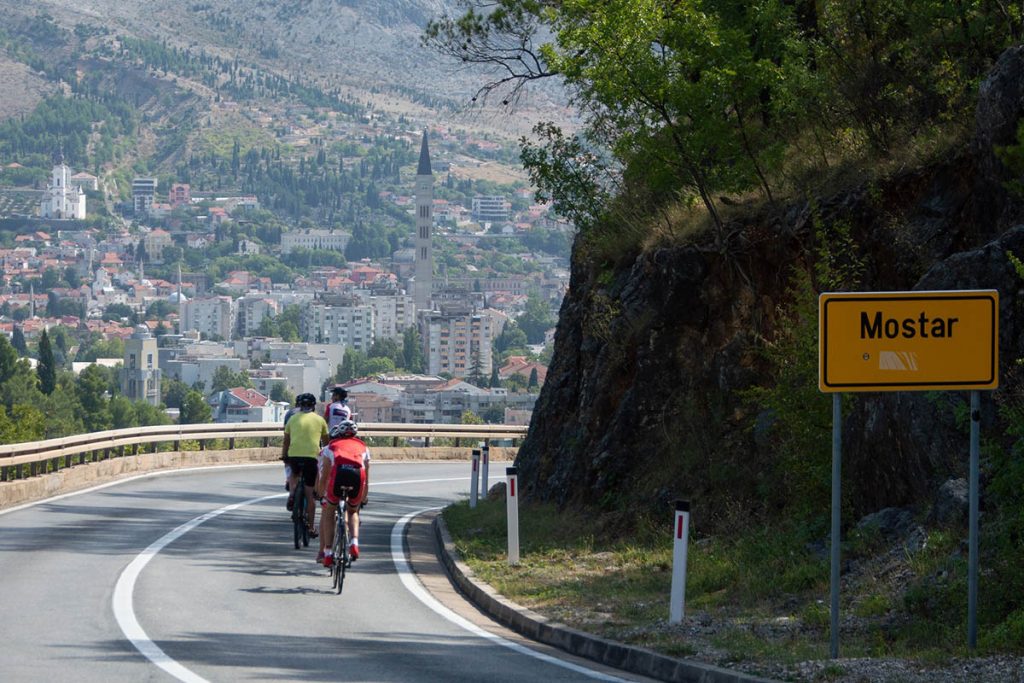
Portland, OR, another platinum bicycling city, saw a nearly 50% reduction in roadway fatalities as it increased the share of bicycling from 1.2% in 1990 to 5.8% in 2000.Bike Friendly“Communities are safer for all road users, regardless of the type of transport used.
When communities invest in cycling infrastructure, everyone benefits. Overall, cyclists are healthier people, and bike-friendly streets are safer for everyone on the road. Bike Friendly communities have economic benefits, including increased commercial activity and increased real estate values. The evidence is clear: cycling brings great benefits to communities that embrace it!
